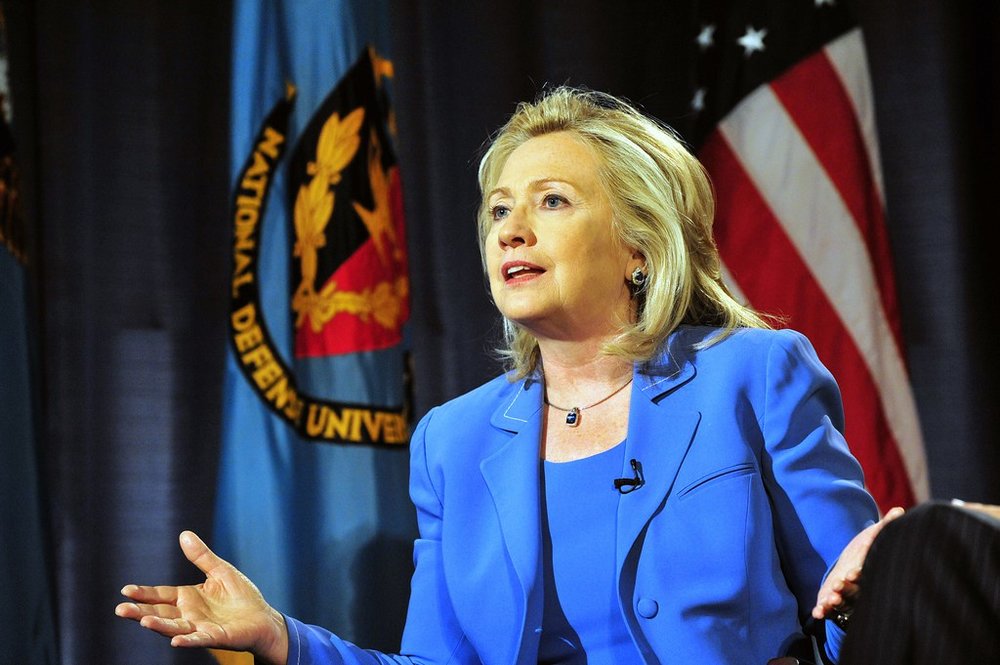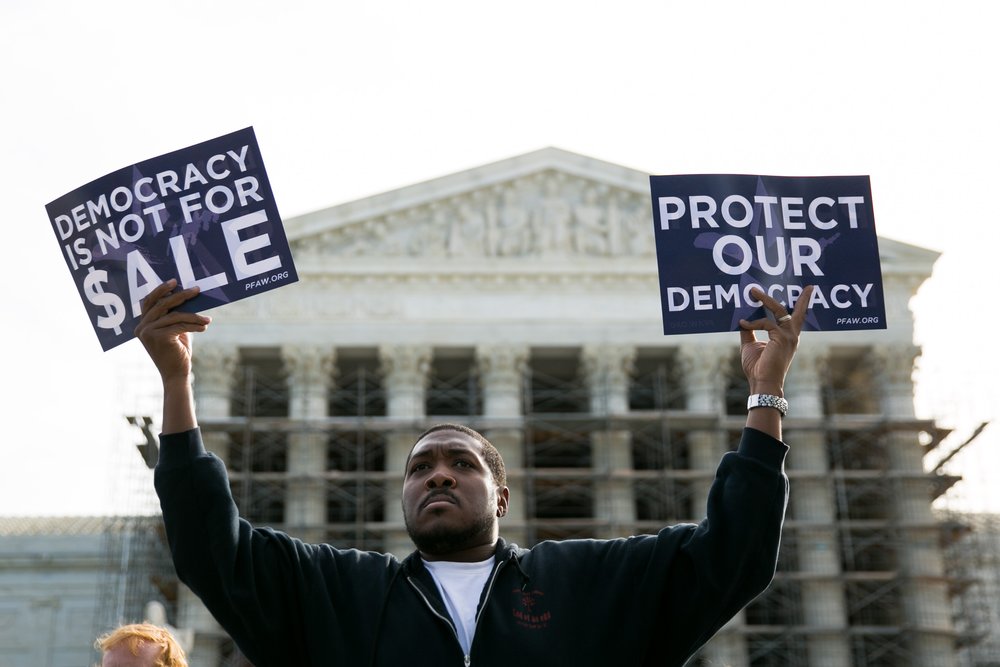Shocking News Reveals Hillary May Have Laundered $84 Million During 2016 Campaign
Just a fortnight ago, a federal court filing exposed an $84 million money laundering conspiracy involving the DNC (Democratic National Committee) in conjunction with Hillary Clinton’s campaign. Interestingly, if true, the move could have serious repercussions because it is in violation of the federal campaign-finance law.
Even more surprising is the fact that most mainstream media houses took little or no notice of the events as they unfolded. The lawsuit went to great detail to expose the DNC-Clinton conspiracy. Evidence sourced from the Federal Election Commission (FEC) confirm the complaint’s assertions that Democrats constructed an elaborate plan to violate the federal campaign limits.
Intricacies

By law, an individual donor can only contribute $2,700 to a single candidate. Further on, the law states that the limit is $10,000 to a state party committee and $33,400 to the national party’s main account
At the same time, given their close ties, all the aforementioned three groups can band together and receive funds from a single donor. This is supposed to occur without the limits for respective parties being exceeded. Importantly, state parties can make unlimited transfers to their national party.
Therein, lies the legal loophole that facilitates the raising of large sums of monies from wealthy donors. The math dictates that as much as $400,000 can be bundled all at once. This is before the funds are redirected to the national committees. Given the complex nature of elections, it’s no surprise that political parties are aware of this loophole. In fact, it has been documented that both Democrats and Republicans frequently exploit this tactic. Importantly, once the funds reach the national committees, additional limits come in place.
A campaign-finance lawyer, Dan Backer, who is also the attorney of record in the lawsuit, suspected that the DNC had already exceeded those limits. Thus, he sought to find out the truth. Once he looked at the FEC filings to look for extreme collaboration between Hillary and DNC, he discovered something.
The extent was much worse than he had imaged. He reveals that he found extensive evidence in the Democrats’ own FEC reports. In addition, there a relation could be found between their reports and their public statements that reveal incredibly huge contributions filtered through the state parties to the DNC. Afterward, the funds were then redirected to Hillary’s campaign. Obviously, this was a violation of the federal campaign-finance law.
Game Plan

The HVF was intended to be a fundraising committee charged with taking contributions from large donors. At times, some of those contributions exceeded $400,000
The Hillary Victory Fund (HVF) was established as a joint effort by the DNC, Hillary Clinton and state Democratic committees prior to the 2016 presidential election. For compliance, the HVF would have had to transfer the monies to specified recipients. That would either have to be the down-ticket Democrats, the Hillary campaign or to state committees.
However, records at the FEC depict a different scenario. Several large contributions were reported as received by the HVF. Incredibly, the same amount was recorded was often shown as received by the DNC from a state Democratic committee within 48 hours. The only difference was that the DNC submission was never reported by the state Democratic committee.
Precedent

In 2014, the Supreme Court made it abundantly clear in the McCutcheon v. FEC that scenarios like this are in violation of the law
Spanning a 13-month period, the FEC documented more than 30 occasions where the HVF illegally transferred contributions. The amounts transferred to the DNC equaled more than $10 million. All this happened without accompanying records of receipt. That there was no confirmation of disbursement from state parties depicts a scenario where the state Democratic parties were leap-frogged.
The Supreme Court declared that joint fundraising committees were being used improperly. Instead of individual committees using the joint ventures to raise funds collectively, they were using them to circumvent base limits and earmarking the rules.